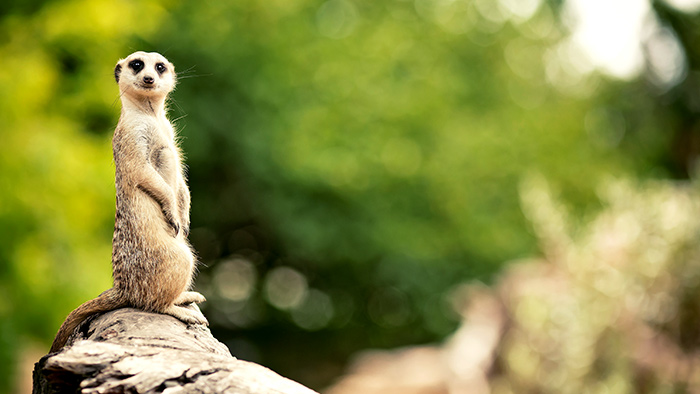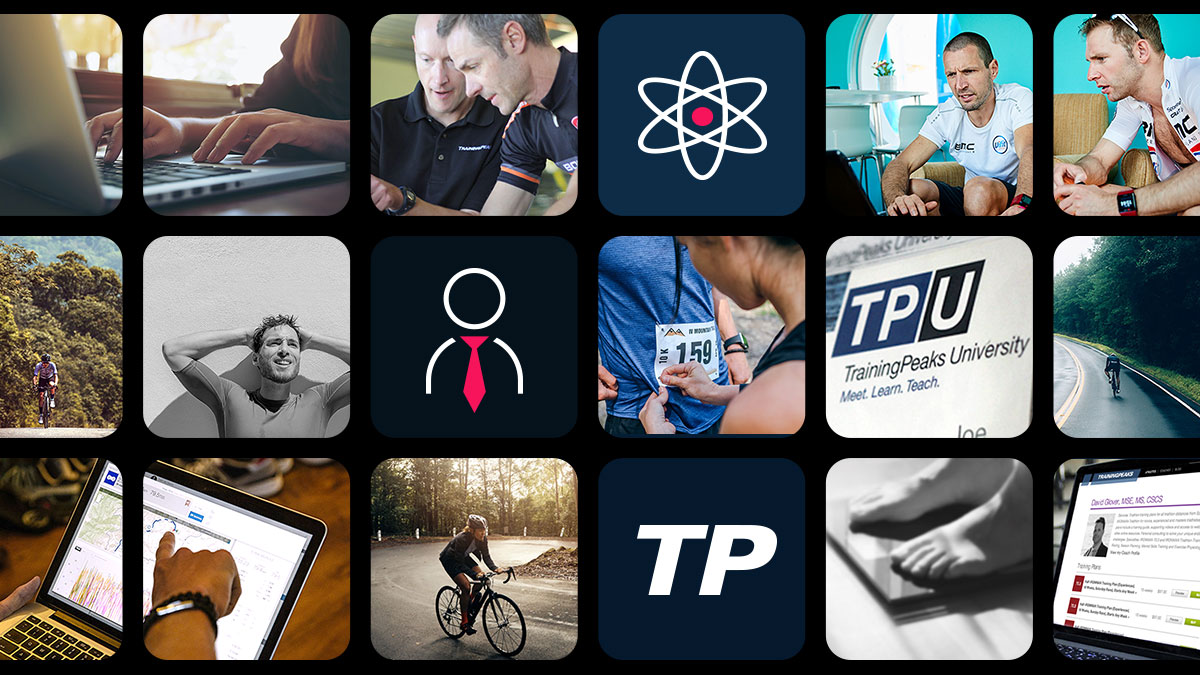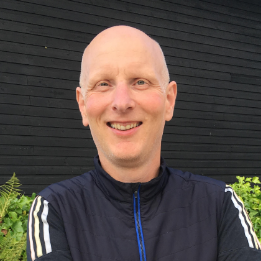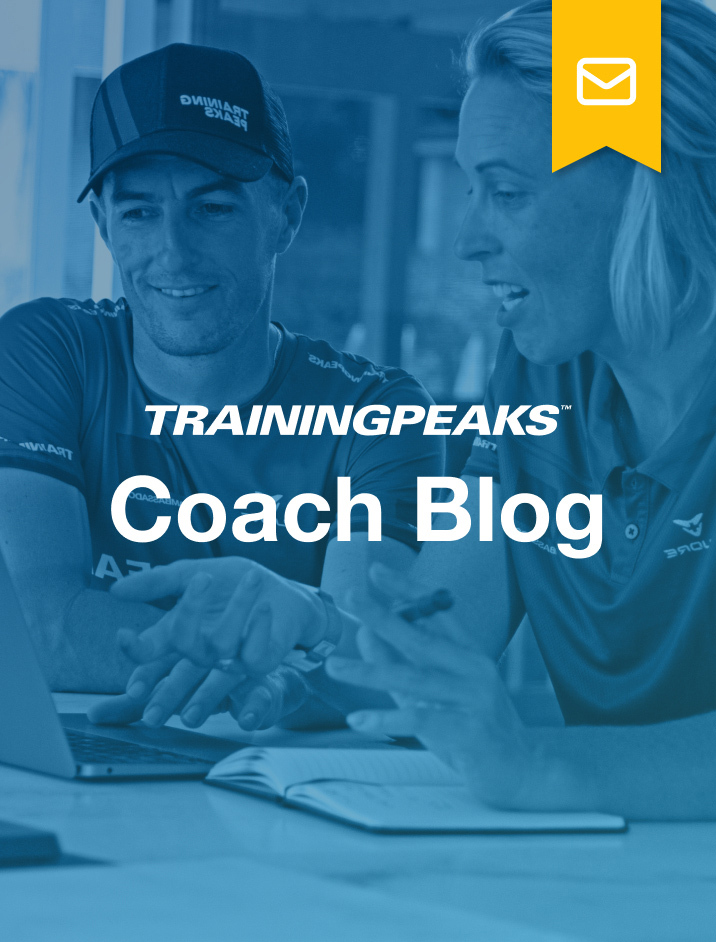My guess is that if you’re reading this article, then you want to learn to be the best coach you can be. Am I right? My goal is to help you on your never-ending journey towards such coaching expertise.
To achieve that goal, I need you to think and act a little differently. This article requires a more than passive consumption of information and a bit of work on your part. I want you to think about a coach who you perceive to be an expert.
- Why do you think they’re an expert?
- What makes them successful?
- What can you learn from them to develop your own coaching expertise?
Write your answers down if it helps, and I’ll ask you to reflect upon them once you’ve finished reading. In the rest of the article I’ll explore coaching expertise and why your coaching philosophy is so important in developing it.
What is expertise?
Coaching is a practical role in which we must know what to do and how to do it. But, becoming an expert coach also means knowing the “whys” of your actions.
The best coaches are expert thinkers and problem solvers, in which they continually reflect upon their actions to improve. Whilst experience helps in developing coaching expertise, practice does not necessarily “make perfect”. Rather, non-experts often repeat the mistakes of the coaches they have learned from. Their experience results in minimal change in practice over time, other than to follow the latest trends.
Working in and around high-performance environments for many years, I’ve often seen the “let’s throw eggs at the wall approach and see which ones crack” approach to coaching. However, “delicate eggs” often grow into the finest swans, if treated sensitively. Therefore, I believe expertise in coaching requires the skill to build and maintain relationships with a range of different athletes. It also requires adapting coaching methods to suit and comfort in rigorously justifying coaching practices without feeling threatened.
The best coaches are usually willing to share their knowledge and the ones who are most guarded may well be scared of being “found out.” Developing expertise is a slow intellectual journey, in which I can normally tell who is on the right path and who is not. Let’s call those on the right path the meerkats and those on the wrong one moles.
Meerkat coaches are adaptable creatures who consume a broad and varied diet. They’re always on the lookout for their next juicy morsel. When fed, they go down into their burrow to digest what they’ve consumed and consider what they’re going to do next. Meerkat coaches are experts at maintaining close social relationships because their survival depends on it. They are also acutely aware their areas of incompetence, and this helps them reflect on the right things.
In contrast, whilst moles are very powerful creatures, they have limited senses and only eat worms. They are unwilling to share worms with other moles and they are disinterested in anything beyond their dark world. They tend to have an inflated perception of their skill as a coach. Surprisingly, most moles believe they are meerkats.
Developing expertise and your coaching philosophy
Now, time for more work.
I want you to open any day in TrainingPeaks where you’ve prescribed a workout for a client. Then, I want you to consider the following questions:
- What were the reasons you prescribed this workout?
- Why did you construct the workout in the way you did?
To a degree, the depth of your response will reflect your expertise in prescribing training and your coaching philosophy. Whilst coaches typically articulate their philosophy quite simply in terms of their approach to interacting with clients or the performance outcomes they aspire to, it’s more complicated than that.
Our philosophy determines how we practice and is made up of our values, beliefs, assumptions, attitudes, principles and priorities. These factors develop over time and are influenced by our upbringing, our social interactions, how skilled we are at learning, and our experiences in and beyond sport. Therefore, our coaching philosophy should be ever-changing. However, many of us use a fixed methodology or ideology to construct our workouts.
For example, in endurance sport there is a tendency to focus on readily measurable physical components of performance (FTP, VO2max, etc.). I call this a biophysical ideology. However, this often results in equally important psychosocial factors that influence performance being neglected. Unless you’re aware of this bias, you cannot become an expert in training prescription or coaching.
How we construct our coaching knowledge also influences our philosophy. Many of us acquire our coaching information from websites, scientific journals, magazines and sporting gurus. However, these sources are merely representations of other people’s knowledge. Simply accepting such information as true, however credible it source may be, will probably result in sub-optimal coaching solutions. Expert coaches still consider such sources, however, they are more involved in an active cognitive process of interpreting the information in their coaching context, what it means to them and what implications it has on their practice. Expert coaches will also recognize that their knowledge is not fixed, but is fluid and ever-evolving. That means they are typically more receptive to alternative solutions and change.
Now let’s go back to the original questions. How we perceive expertise in others is usually influenced by the levels of achievement of their athletes, what profile they have in the media or how good they are at promoting themselves. For example, shortly after a world-class performance from one of the athletes I coach, inquiries about my coaching services grew because of media coverage. However, it’s impossible to “make a call” on my expertise without knowing how I coach and, more importantly, why I coach the way I do.
I believe it’s important to be skeptical of guru coaches, too. For example, before I met Joe Friel I wondered what all the fuss was about. However, when I met him, I saw many attributes of expertise. He was great at developing relationships, listening respectfully and he understood the complexity of applying the information presented in his books. He was also open to criticism without feeling threatened. He is a Meerkat coach, someone I can learn from and consider as a proper expert.
To conclude
TrainingPeaks is all about helping us help others to reach their goals, and, to do so, we must aspire toward expertise. Since you’ve made it this far, I suspect you’re not a mole. That’s because I’ve explored coaching concepts that are different from the norm that we typically read about in endurance sport. I’m not ending with “top tips” on how to become an expert coach. That’s because the answers already exist in your mind if you look for them carefully. What I’d like you to do instead is reflect on all the questions I’ve asked and then consider what your answers mean to you.
Hopefully, I’ve achieved my goal too by nudging you forward on your journey to coaching expertise.



